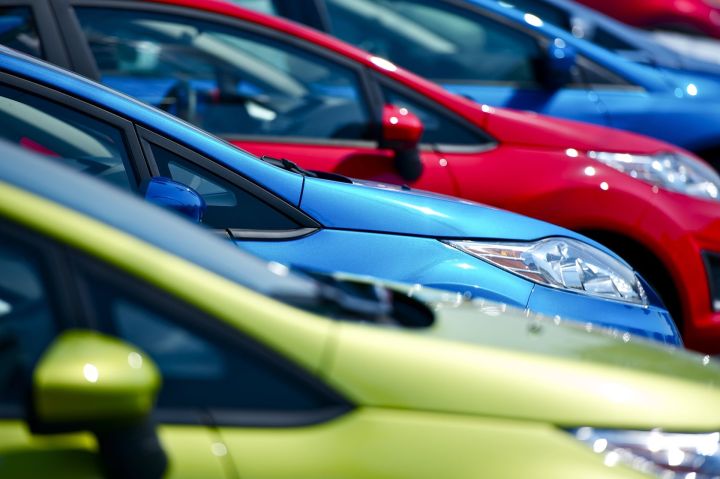
Carlson was addressing the Automotive Press Association. His opinion is consumers prefer traditional car dealers because they can haggle over prices and get discounts. He stated they prefer that method over Tesla Motor’s retail model where car prices are not negotiated.
The 2016 Beepi Consumer Automotive Index based on an online Harris Poll survey — admittedly conducted on behalf of a nontraditional car sales outlet — surveyed 2,135 American adults about their feelings about buying cars through dealers. Of those polled, 61 percent believed they were taken advantage of at dealerships and 87 percent found one or more elements of car shopping at dealers they dislike. When it comes to negotiating, 24 percent said they would rather have a root canal than negotiate with a car dealer. Among parents with kids under 18, 80 percent “would rather do anything else unpleasant.”
In Carlson’s presentation, he mentioned a 2015 Phoenix Center study that found consumers often receive discounts worth hundreds of dollars when buying new cars and that competition between dealers often results in lower prices.
The NADA and some of its associated state car dealer associations have successfully argued against Tesla’s direct sales, with no discount model in several states, including North Carolina and Michigan.
In Michigan, the Federal Trade Commission (FTC) sided with Tesla, stating, “Absent some legitimate public purpose, consumers would be better served if the choice of distribution method were left to motor vehicle manufacturers and the consumers to whom they sell their products.” In July, 400 Tesla owners in Michigan banded together to give test rides to prospective Tesla buyers, who would then have to go out of state to buy and get service for a Tesla vehicle.



